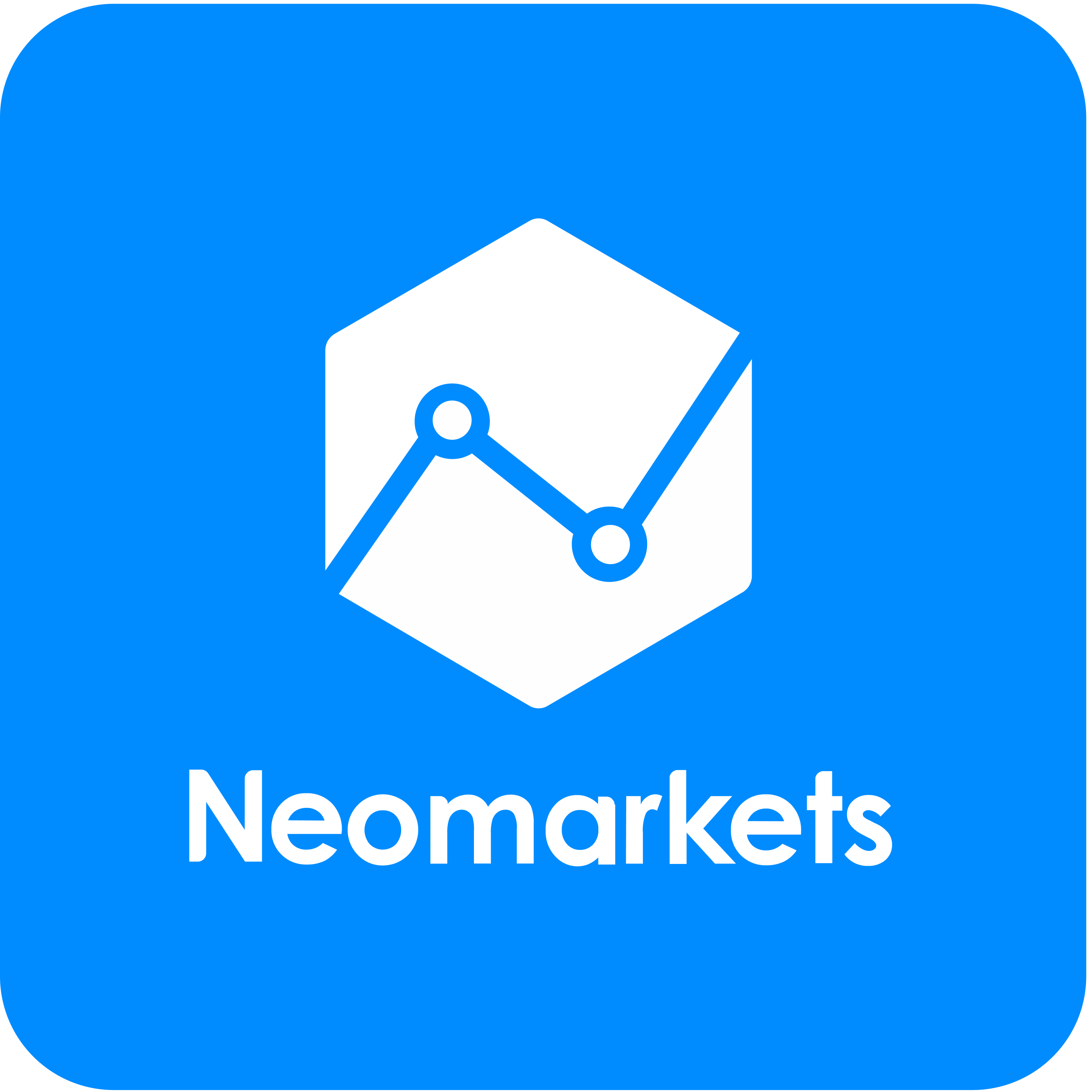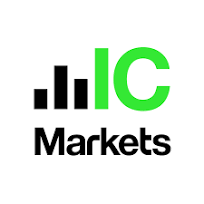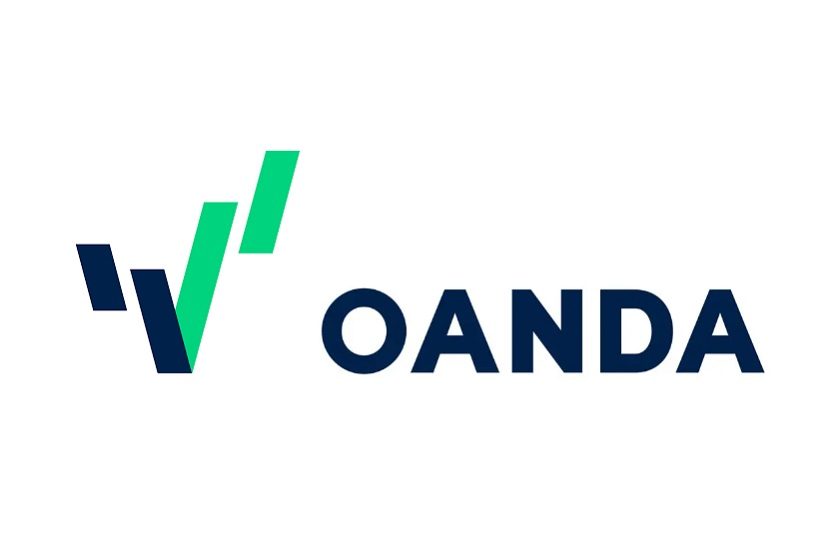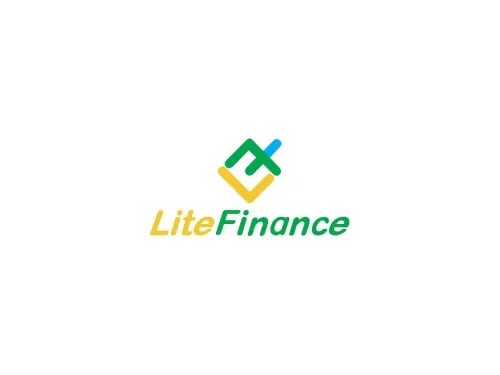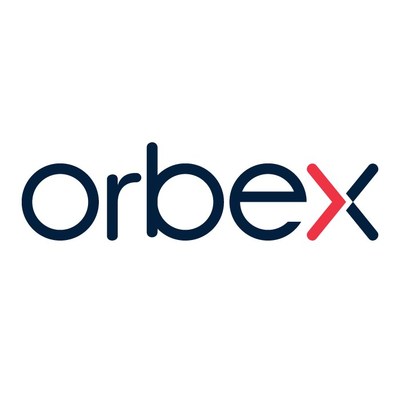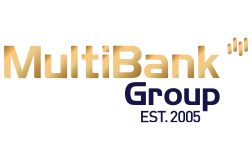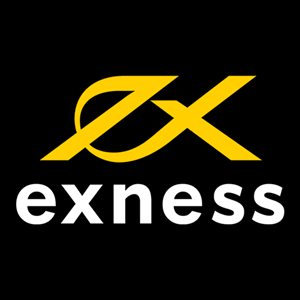The Canadian regulatory body has legalized forex and CFD trading in the country in 2019. Yet, many international brokers have already started accepting Canadian clients. We have carefully vetted top 10 forex brokers for Canadian brokers based on factors like regulations, leverage, fees, support, trading platform, features, and more.
Best Forex Brokers in Canada
-

NeoMarkets is praised for its user-friendly approach, making it accessible and straightforward for novice and experienced traders to navigate the platform.
-

NeoMarkets allows trading cryptocurrencies through CFDs at competitive costs, providing traders with exposure to this popular asset class.
-

NeoMarkets is regulated by the Financial Services Commission (FSC) in Mauritius, adding an element of oversight and security for its clients.
-

NeoMarkets has a limited selection of deposit and withdrawal methods, potentially inconveniencing clients who prefer a broader range of options.
-

To access the demo account, users must first complete the registration process, which might deter those who prefer exploring the platform before committing.
-

NeoMarkets’ website lacks readily available information about its various account types, potentially making it challenging for traders to select the most suitable option.
-
24/7 instant money withdrawal
-
Affiliate Program
-

NeoMarkets is praised for its user-friendly approach, making it accessible and straightforward for novice and experienced traders to navigate the platform.
-

NeoMarkets allows trading cryptocurrencies through CFDs at competitive costs, providing traders with exposure to this popular asset class.
-

NeoMarkets is regulated by the Financial Services Commission (FSC) in Mauritius, adding an element of oversight and security for its clients.
-

NeoMarkets has a limited selection of deposit and withdrawal methods, potentially inconveniencing clients who prefer a broader range of options.
-

To access the demo account, users must first complete the registration process, which might deter those who prefer exploring the platform before committing.
-

NeoMarkets’ website lacks readily available information about its various account types, potentially making it challenging for traders to select the most suitable option.
- Withdrawal fee$0 (conditions apply)
- Deposit fee$0
- Max Leverage1:500
-

Provides trading aids and resources such as risk depth, spread monitoring, and risk calculator.
-

Offers low average spreads and competitive pricing for all account types.
-

Provides plugins for third-party research and trading tools.
-

Limited product offerings.
-

No investor protection for traders outside the European Union.
-

No weekend trading, extra bonuses or promos.
-
Specialized trading accounts
-
Tight Spreads
-
Low commissions
-

Provides trading aids and resources such as risk depth, spread monitoring, and risk calculator.
-

Offers low average spreads and competitive pricing for all account types.
-

Provides plugins for third-party research and trading tools.
-

Limited product offerings.
-

No investor protection for traders outside the European Union.
-

No weekend trading, extra bonuses or promos.
- Withdrawal fee$0
- Deposit fee$0
- Max Leverage1:500
-

Wide Range of Account Types: PU Prime provides a variety of account types designed to suit different trading styles and experience levels, from beginners to advanced traders.
-

Great Leverage: Control larger positions using minimal capital, thanks to leverage of up to 1:1000. This allows you to maximize opportunities in the market but remember, while higher leverage can enhance potential gains, it also increases risk.
-

24/7 Multi Channel Support: Round-the-clock assistance is provided by PU Prime through multiple channels, including live chat, email, and phone support. Services are offered in 18 languages, ensuring accessibility for a diverse range of traders.
-

Slightly Higher Spreads: For no-commission accounts, spreads starting at 1.3 pips are slightly higher than the industry average.
-

High Minimum Deposit: High minimum deposit for the low-spread and commission-based accounts
-

No EU Regulations: Despite being regulated by 4 authorities, including top-tier ASIC, the broker does not offer dedicated EU regulation for European clients.
-
24/7 Multilingual Customer Service
-
Proprietary Copy Trading App
-

Wide Range of Account Types: PU Prime provides a variety of account types designed to suit different trading styles and experience levels, from beginners to advanced traders.
-

Great Leverage: Control larger positions using minimal capital, thanks to leverage of up to 1:1000. This allows you to maximize opportunities in the market but remember, while higher leverage can enhance potential gains, it also increases risk.
-

24/7 Multi Channel Support: Round-the-clock assistance is provided by PU Prime through multiple channels, including live chat, email, and phone support. Services are offered in 18 languages, ensuring accessibility for a diverse range of traders.
-

Slightly Higher Spreads: For no-commission accounts, spreads starting at 1.3 pips are slightly higher than the industry average.
-

High Minimum Deposit: High minimum deposit for the low-spread and commission-based accounts
-

No EU Regulations: Despite being regulated by 4 authorities, including top-tier ASIC, the broker does not offer dedicated EU regulation for European clients.
- Withdrawal fee$0
- Deposit fee$0
- Max Leverage1:1000
-

Top-Tier Regulation
-

Low Forex Fees
-

No Withdrawal Fees
-

High Stock CFD Fees
-

Limited Product Portfolio
-

User Interface Could Be More Intuitive
-
Specialized trading accounts
-
24/7 instant money withdrawal
-

Top-Tier Regulation
-

Low Forex Fees
-

No Withdrawal Fees
-

High Stock CFD Fees
-

Limited Product Portfolio
-

User Interface Could Be More Intuitive
- Withdrawal fee$0
- Deposit fee$0
- Max Leverage1:50
-

OANDA is among the few international online forex brokers that accept U.S. clients.
-

The broker’s trading platforms are unique with features of various valuable tools and resources, including the famous Dow Jones Forex Select news and trading calculators.
-

OANDA does not require a fixed initial deposit on the standard account.
-

OANDA’s financial offerings have some irregularities that may only suit some traders
-

-Trading on OANDA may incur several fees, including a monthly inactivity fee
-
Exceptional Execution
-
US Clients
-
Scalping
-

OANDA is among the few international online forex brokers that accept U.S. clients.
-

The broker’s trading platforms are unique with features of various valuable tools and resources, including the famous Dow Jones Forex Select news and trading calculators.
-

OANDA does not require a fixed initial deposit on the standard account.
-

OANDA’s financial offerings have some irregularities that may only suit some traders
-

-Trading on OANDA may incur several fees, including a monthly inactivity fee
- Withdrawal feeN/A
- Deposit feeN/A
- Max Leverage1:50
-

Excellent customer support with 24/7 availability
-

Competitive spreads and fast execution speeds
-

Comprehensive educational resources including webinars and video tutorials
-

Limited range of tradable assets compared to some competitors
-

Higher minimum deposit for certain account types
-

No proprietary mobile app (relies on MT4/cTrader mobile)
-
Free VPS hosting
-
Specialized trading accounts
-

Excellent customer support with 24/7 availability
-

Competitive spreads and fast execution speeds
-

Comprehensive educational resources including webinars and video tutorials
-

Limited range of tradable assets compared to some competitors
-

Higher minimum deposit for certain account types
-

No proprietary mobile app (relies on MT4/cTrader mobile)
- Withdrawal fee$0
- Deposit fee$0
- Max Leverage1:500
-

24-hour support
-

Supports MetaTrader 4 and MetaTrader 5 and their mobile and web versions
-

Variety of deposit/withdrawal methods
-

VPS is not free of charge
-

A limited selection of tradable instruments
-

Unavailable to US retail clients
-
Specialized trading accounts
-
Free VPS hosting
-
24/7 instant money withdrawal
-

24-hour support
-

Supports MetaTrader 4 and MetaTrader 5 and their mobile and web versions
-

Variety of deposit/withdrawal methods
-

VPS is not free of charge
-

A limited selection of tradable instruments
-

Unavailable to US retail clients
- Withdrawal feeN/A
- Deposit feeN/A
- Max LeverageN/A
-

High Leverage Options
-

Wide Range of Tradable Assets
-

Many Accounts to Choose From
-

Offshore Regulation
-

Limited Educational Resources
-

Limited Availability in Some Countries
-
Specialized trading accounts
-
Free VPS hosting
-

High Leverage Options
-

Wide Range of Tradable Assets
-

Many Accounts to Choose From
-

Offshore Regulation
-

Limited Educational Resources
-

Limited Availability in Some Countries
- Withdrawal feeN/A
- Deposit feeN/A
- Max LeverageN/A
-

Strong Regulatory Oversight
-

Several Trading Platforms Offered
-

Several Account Options
-

Variable Spreads on Starter Account
-

High Minimum Deposits for Premium and Ultimate Accounts
-

Some Users Reported Withdrawal Issues
-
Specialized trading accounts
-
24/7 instant money withdrawal
-

Strong Regulatory Oversight
-

Several Trading Platforms Offered
-

Several Account Options
-

Variable Spreads on Starter Account
-

High Minimum Deposits for Premium and Ultimate Accounts
-

Some Users Reported Withdrawal Issues
- Withdrawal feeN/A
- Deposit feeN/A
- Max LeverageN/A
-

Highly Regulated and Trustworthy
-

Excellent Asset Selection
-

Multiple Account Types
-

High Minimum Deposit for Best Conditions
-

Limited Educational Resources
-

Occasional Customer Support Delays
-
Free VPS hosting
-
Specialized trading accounts
-
24/7 instant money withdrawal
-

Highly Regulated and Trustworthy
-

Excellent Asset Selection
-

Multiple Account Types
-

High Minimum Deposit for Best Conditions
-

Limited Educational Resources
-

Occasional Customer Support Delays
- Withdrawal feeN/A
- Deposit feeN/A
- Max LeverageN/A

